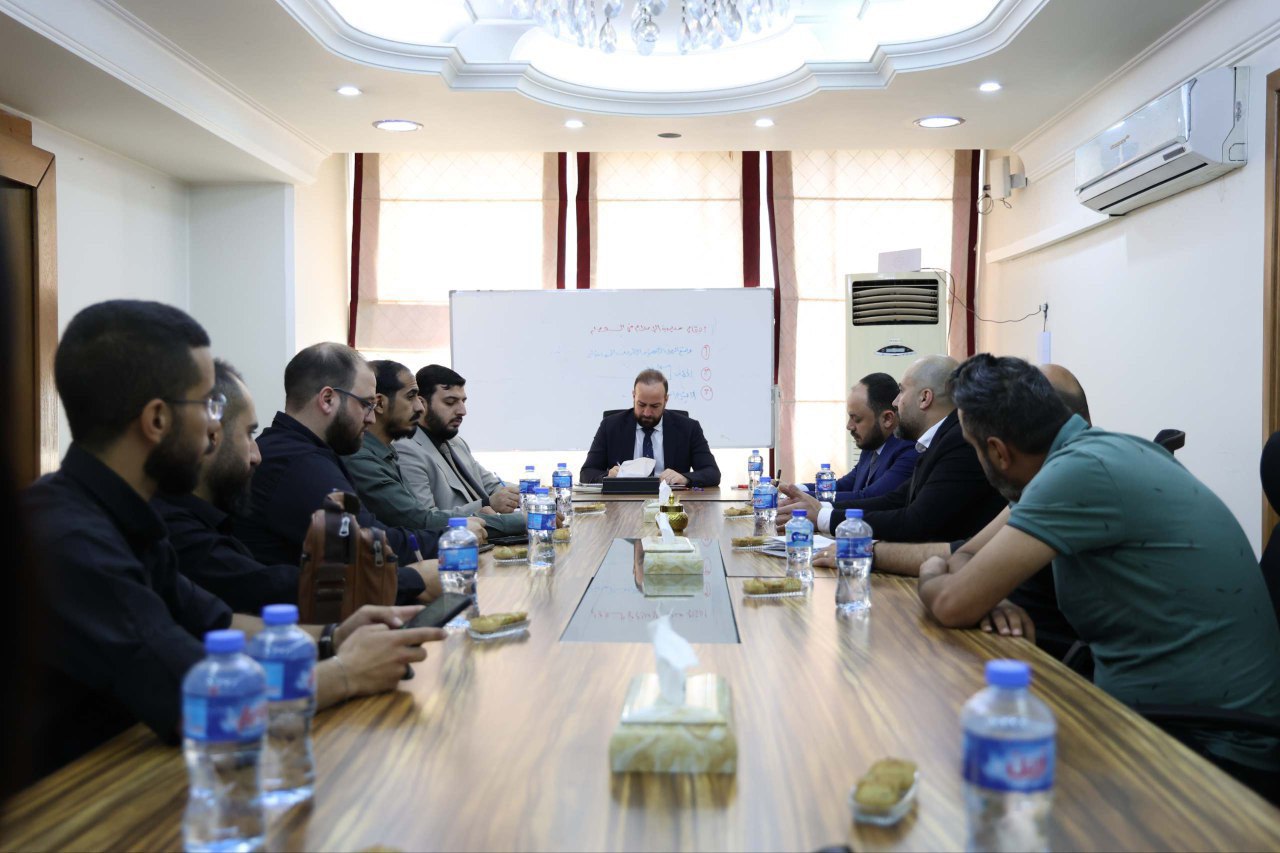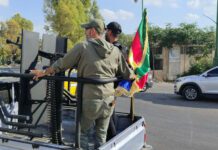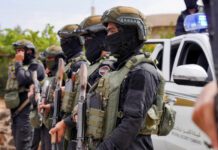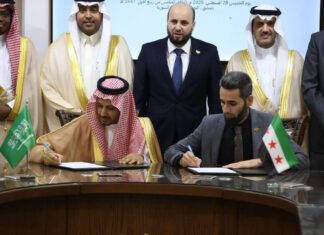
As unrest ripples through Syria’s southern Suwayda province, officials stress that criminal activity by a small group of armed individuals, not widespread civil dissent, is behind the recent disruptions. Despite ongoing challenges, government ministries continue to press forward in efforts to meet the needs of Suwayda’s residents and reintegrate the province into the broader national development strategy.
Smuggling and “Fuel Shortages”
Deputy Minister of Energy for Oil Affairs Ghiath Fawzi Diab addressed the recent fuel shortages, attributing them to unpredictable demand patterns in the area. “We have witnessed some days when there was no demand for fuel in the governorate, although we are working to address this issue to ensure that citizens’ needs are better met,” Diab said in a statement published June 2 by the Ministry of Energy.
Diab noted that part of the problem stems from residents purchasing smuggled fuel on the black market. He urged citizens to work with authorities to report illegal practices, citing their impact on the availability of essential resources and local markets.
Sabotage and Instability Threaten Development
Suwayda, long known for its cultural distinctiveness and historic stability, has recently suffered from targeted acts of sabotage. Thieves have stripped power towers, severed internet cables, and looted infrastructure vital to public services. The damage has stalled reconstruction and driven away potential investors in tourism and local development projects, further isolating the governorate at a time when national efforts aim for inclusion and recovery.
Government sources maintain that these actions do not reflect the broader will of Suwayda’s population. While the vast majority of the people in Suwayda, continue to want stability, services and a part in the future of the country’s recovery, there remains a small criminal element which benefits from instability and isolation in the province – smugglers, regime elements, ISIS and a separatist minority are chief among the spoilers in the region. The recent resignation of Governor Mustafa al-Bakkour, following an armed assault by a rogue group, is emblematicof the fragile security climate.
A Media Strategy Rooted in Unity
In response to the unrest, Minister of Information Hamza al-Mustafa convened with the Suwayda Directorate of Information on June 2 to recalibrate the province’s media presence. He called for media coverage that reflects Suwayda’s historic role in the Syrian national fabric and counters the image portrayed by hostile narratives.
“The media must be a genuine platform that conveys the voices of Suwayda’s people, reflecting their commitment to national solutions,” Mustafa said. He emphasized that misinformation campaigns misrepresenting the majority of Suwayda residents must be actively countered.
The minister also emphasized the need to improve working conditions for media professionals and ensure access to verified information through official channels. Last month a group of journalists were assaulted, detained and robbed by criminal groups while covering events in Suwayda.
Despite facing a complex mix of criminal sabotage and media distortion, Syrian officials reaffirm their intent to restore order and rebuild trust in Suwayda. Their message is clear: inclusion and services will not be abandoned in the face of unrest.








